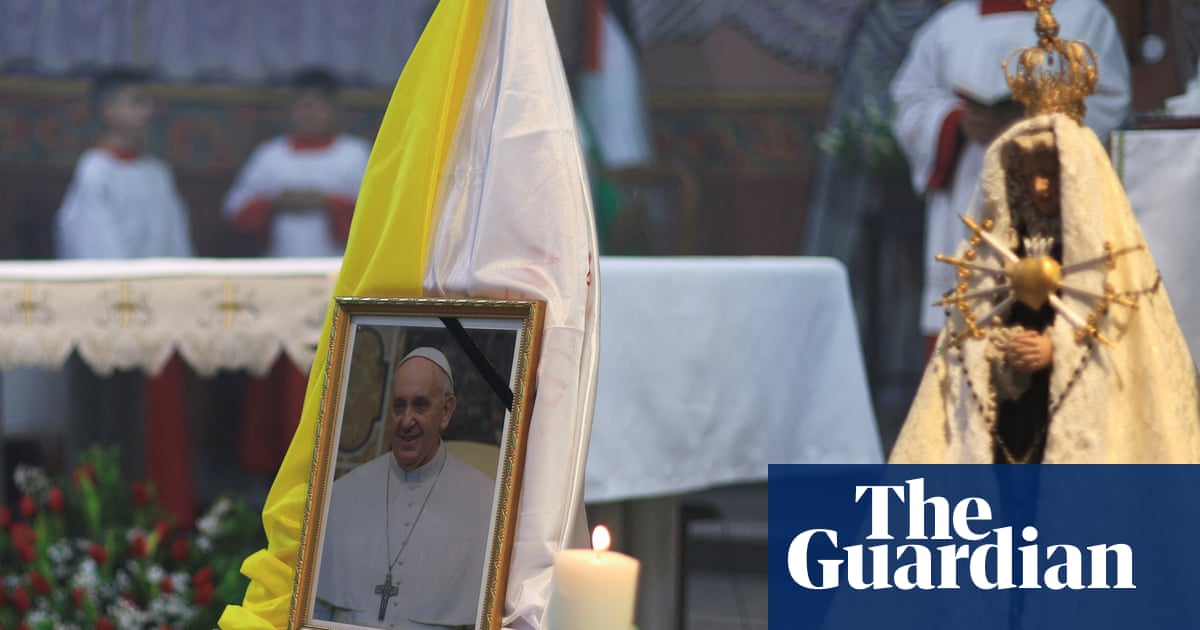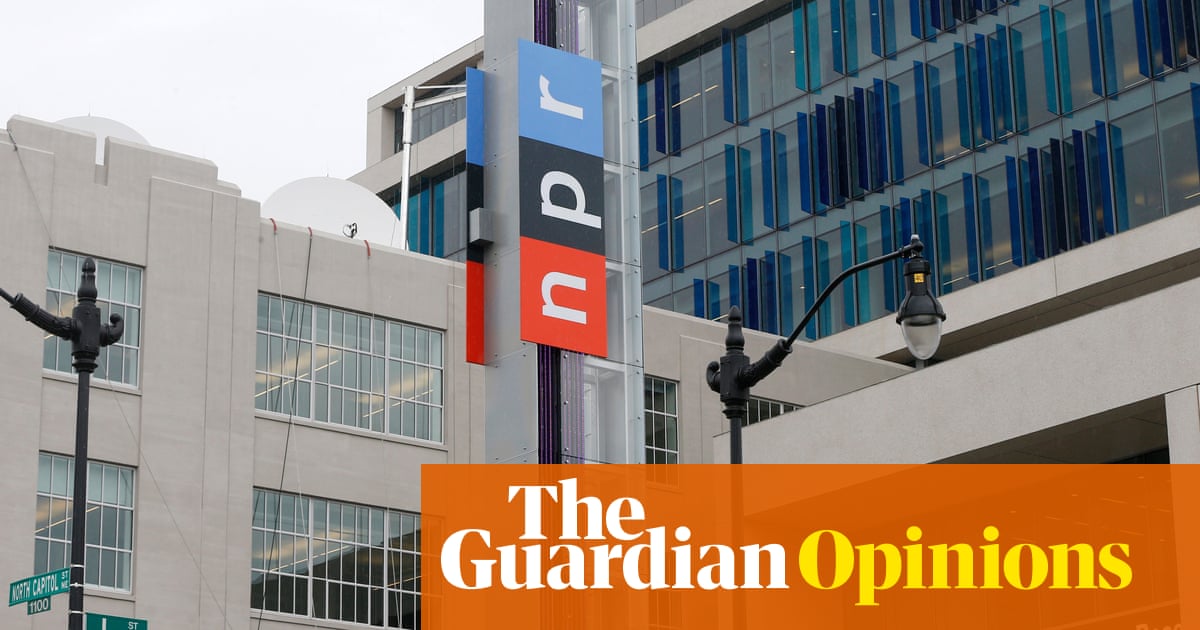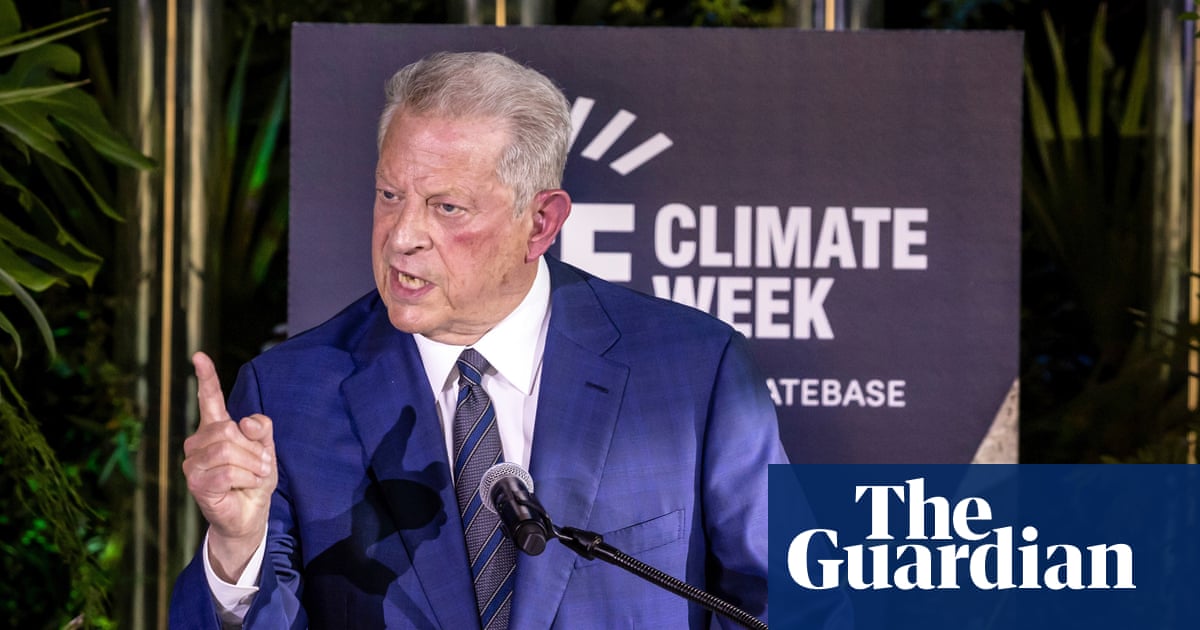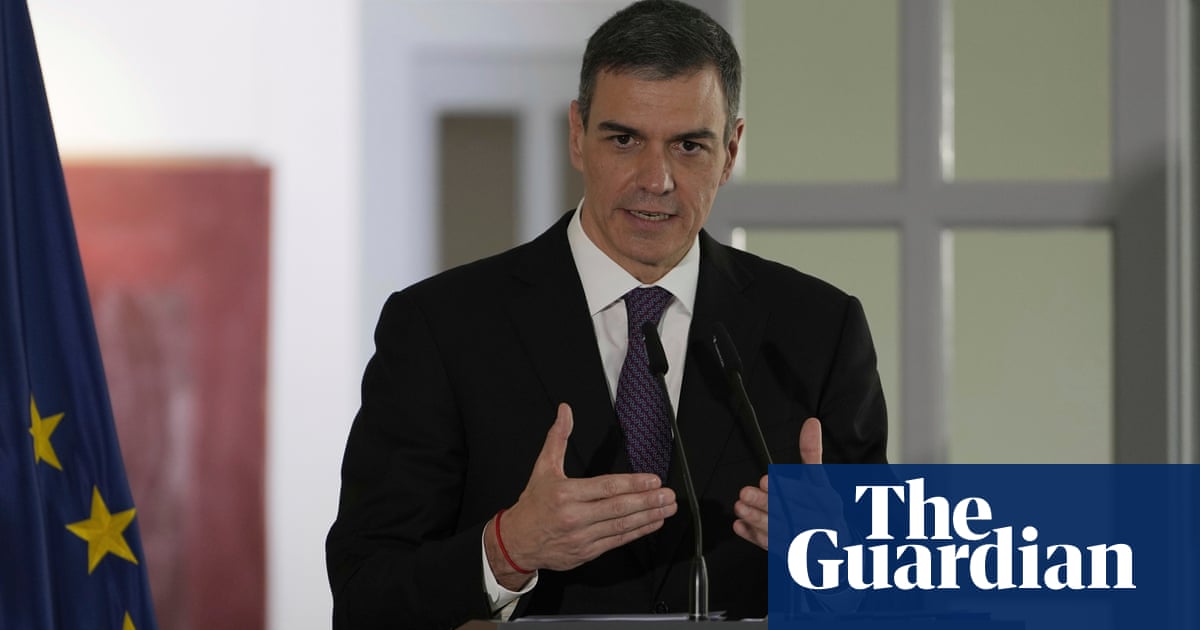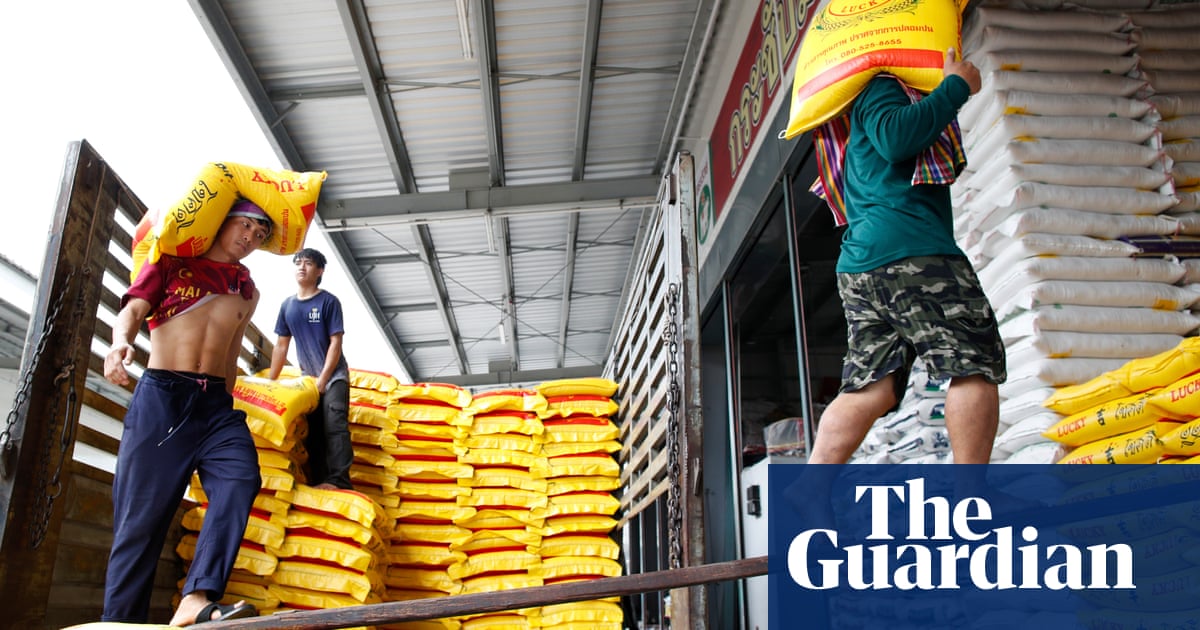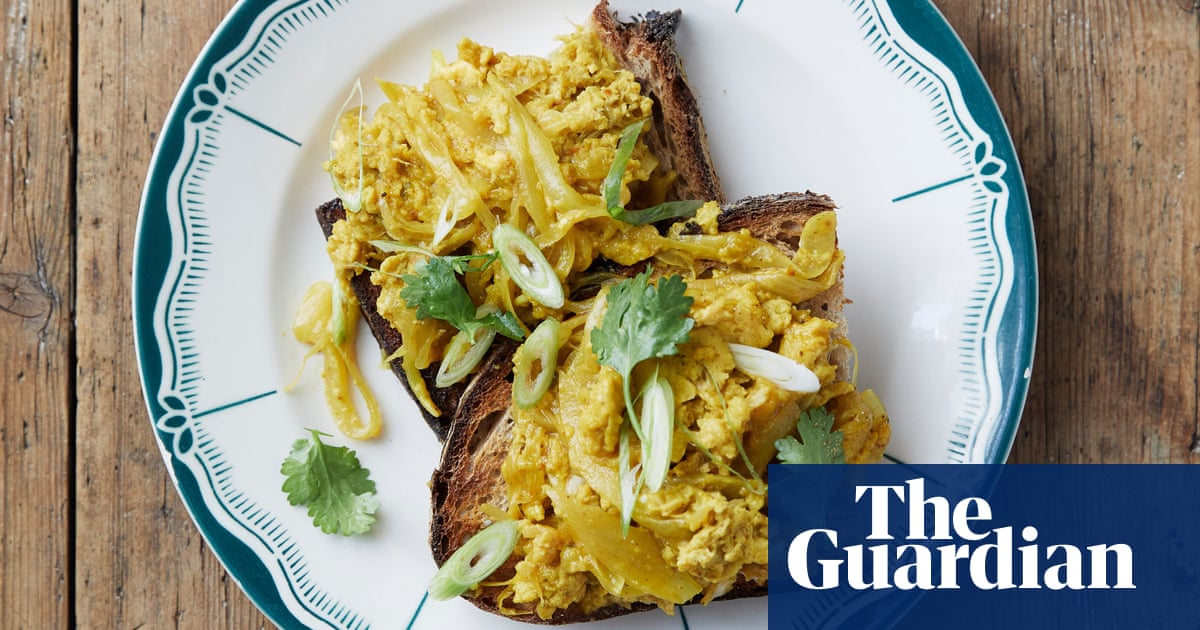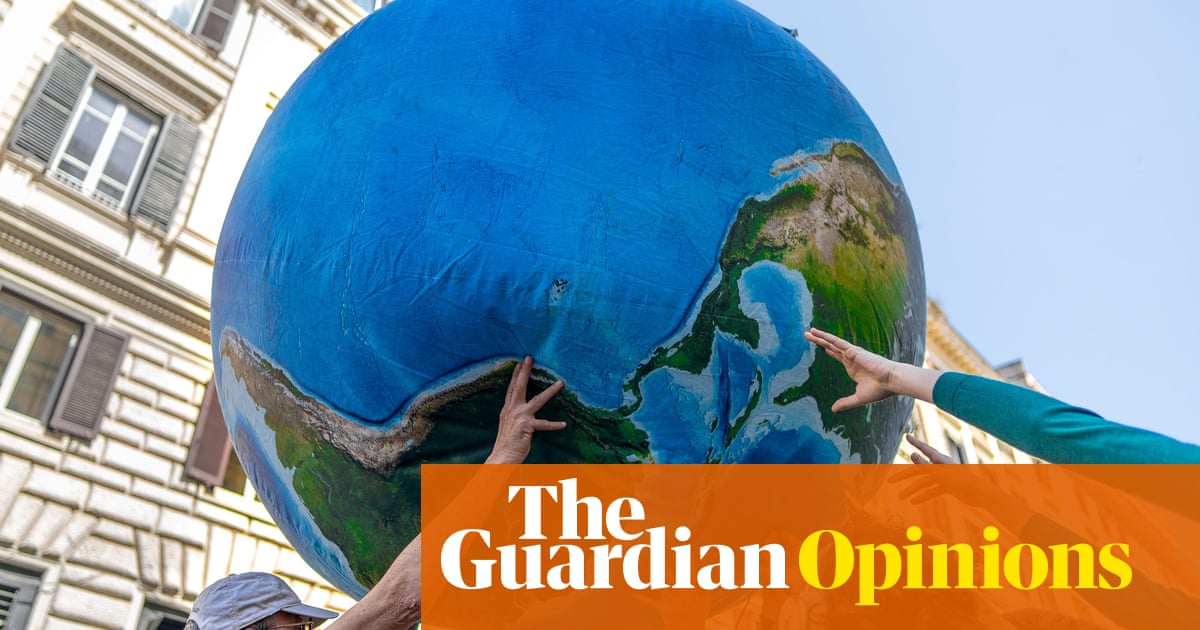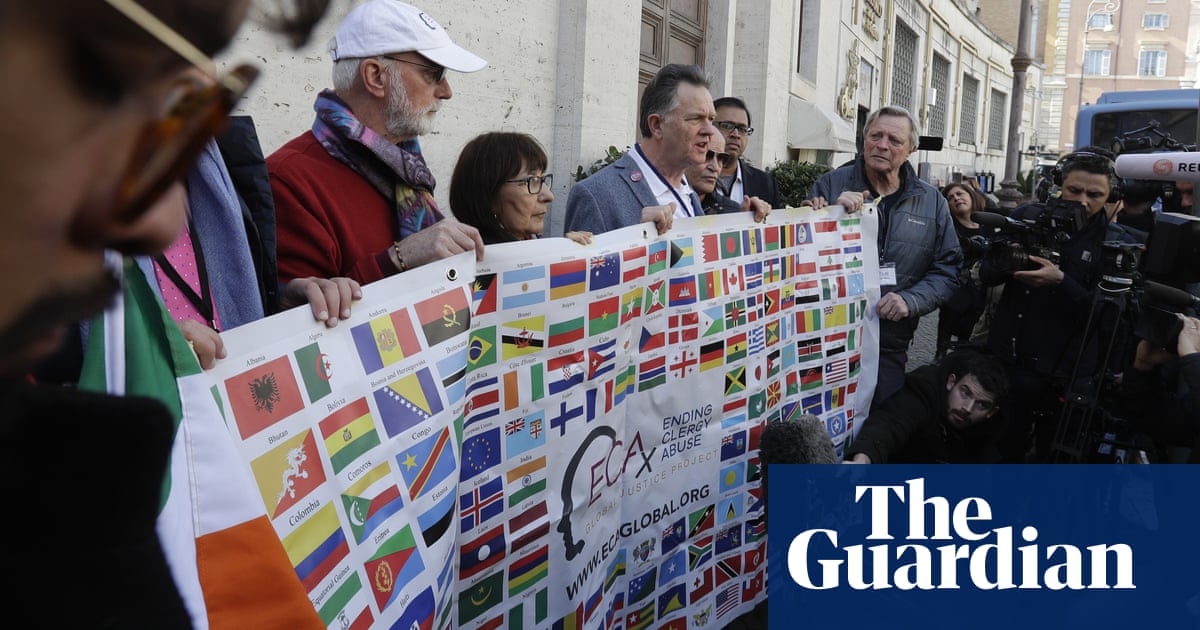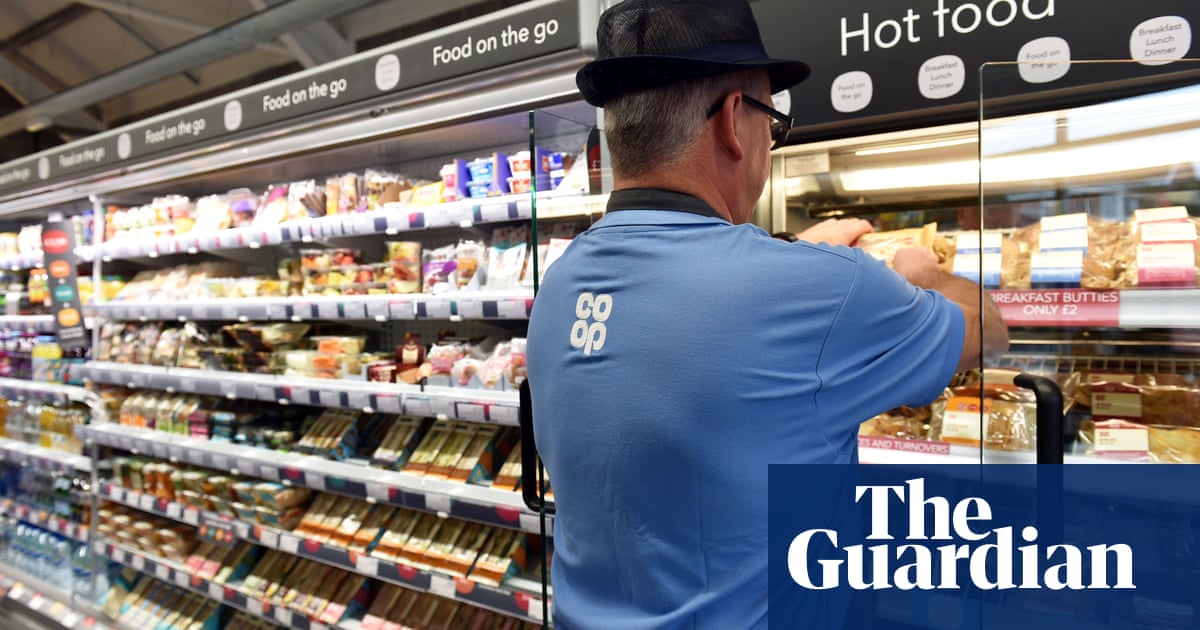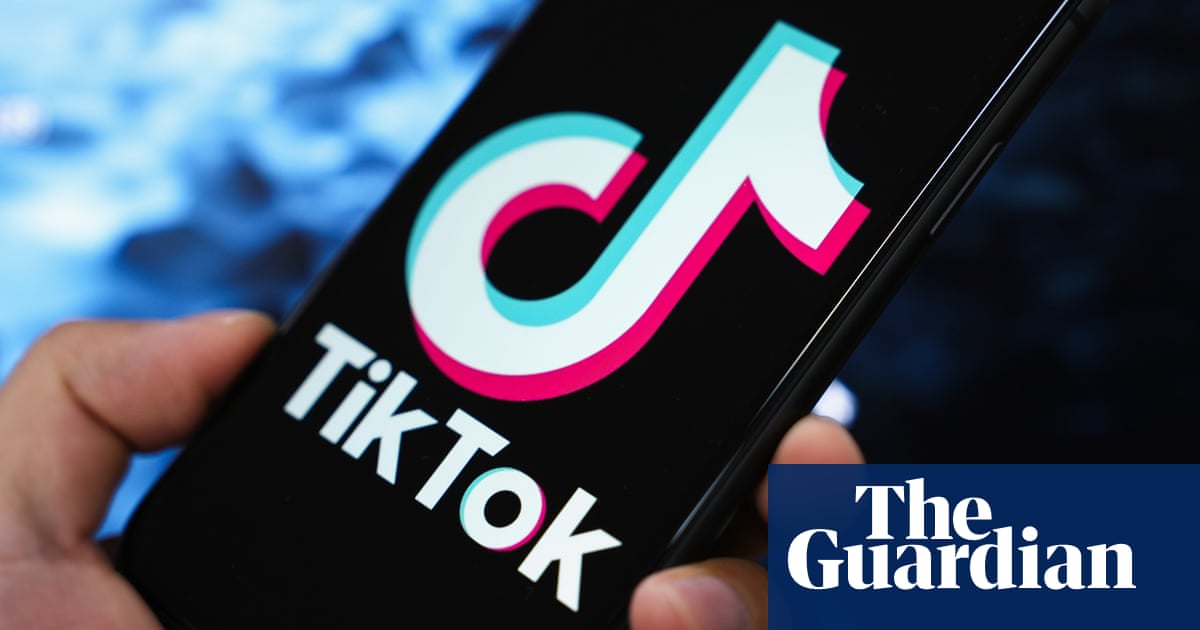It was the middle of the night that the Bloc Québécois realized they had achieved the improbable. For weeks, the separatist party in Canada’s Francophone province had been campaigning hard to steal an electoral district in Montreal long held by the Liberals.
When the trickle of votes finally stopped on that September evening, the Bloc’s Louis-Philippe Sauvé had emerged victorious by a narrow margin of 200 votes.
Chastened by the loss, then prime minister Justin Trudeau admitted his Liberals had “a lot of work to do”. The back-to-back blows reflected a governing party in tatters and a leader losing his grip on power.
And to party faithful, the Bloc’s win reflected an excitement the separatist movement was once again in ascendance.
Six months later, as Canada finds itself in the middle of a federal election campaign, the heady days of the Bloc’s growing popularity are over. Donald Trump’s effort to trash his country’s relationship with Canada have led to dramatic realigning of allegiances, with a swell in Canadian pride washing over regional differences.
On a recent afternoon, the district of Verdun was bustling and the sun was shining on election signs for major political parties, including the Bloc’s “Je choisis le Québec” (I choose Quebec) posters as they fight for both Sauvé’s seat and the prospect of Quebec sovereignty.
Experts say those efforts are doomed to fail in the coming 28 April election.
“Sauvé will get to put on his resume that he was an MP for six months. And that’s great for him. But there’s no way the Bloc is holding that seat in the coming days,” said Philippe Fournier, a polling analyst at 338Canada. “Things were great for the Bloc months ago. Now, not so much.”
The shift was largely the result of Donald Trump’s repeated threats to annex Canada and his imposition of tariffs on Canadian steel and aluminum, prompting fears in Quebec that further actions from the White House could have devastating effects on its timber, mining and manufacturing industries.
Trump’s efforts to damage Canada’s economy has had the unsurprising effect of unifying a diverse geography in a common cause. But a recent poll found that amid the surge in Canadian patriotism in wake of Trump’s threats, one of the largest leaps is coming from Quebec – a region that in the last half-century has held two referendums over whether to leave Canada.
Quebecers have long had a strained relationship with the rest of the country over recognition of its distinct culture. In the 1950s, powerful company bosses would speak only English to their workers – and often refuse to allow French to be spoken at all. Those dynamics helped spark the Quiet Revolution – the bloodless overthrow of Catholicism and the anglophone ruling classes in the province – and the beginnings of Quebec separatist movement.
Efforts took a darker turn in the 9170s when the militant separatist Front de Libération du Québec (FLQ), inspired by socialist revolutionaries in Africa and Latin America, demanded both sovereignty for the province and an end to its capitalist system. Two high-profile kidnappings – of a British diplomat and a senior politician – ended with a grisly murder.
In 1991, the Bloc Québécois emerged as a federal party to give Quebec a voice, serving as a corrective to the dominance of Anglophone politics and culture in the rest of Canada. Four years later, Quebec came close to seceding, with a provincial referendum in favour of independence.
But Trump’s aggression has temporarily dampened separatism and invigorated Quebecers in a defence of Canada. That fervour was on display in February when Canada faced off against the United States in a closely watched ice hockey game.
“I have never in my life heard people in Montreal sing the national anthem like they did, before booing the US anthem,” said Fournier. “I’m not an overly patriotic or partisan person, but I had shivers.”
Even the Bloc’s founder, Lucien Bouchard, has signaled temporary support for Canada, telling La Presse that “we are together” in the broader project of preserving Canadian sovereignty. Analysts say the waning sentiment among sovereigntists is simple calculation: an independent Quebec can only exist with an independent Canada.
The rise of Canadian nationalism has largely benefitted one figure: prime minister Mark Carney, an Anglophone whose tenuous command of the French language might have weighed on his candidacy in any other election.
But Quebec is a region of the country known for its unpredictable voters.
“This is not a normal election, and I don’t think a unilingual Anglophone would [normally] get this level of sympathy, but Francophone voters see he’s making a sincere effort. That counts for something in a place where they’re used to seeing outside political leaders as uncaring about the French language. And second, he has probably the best resumé for prime minister in their lifetimes.”
Carney, an economist and former central banker, has flubbed names and key events in the province’s past, an admission he made on Tout le monde en parle (Everybody’s talking about it), an immensely popular weekly Radio-Canada program that draws one million viewers.
“Obviously, my French is far from perfect,” he told the host and audience.
Quebec’s apparent embrace of the Liberals foreshadows a grim reversal of fortunes for the Bloc, who once hoped to win as many as 50 seats in the province. Now, they’re staring down steep losses that could wipe the party out.
“They’ve gone from thinking ‘We might be the official opposition’ to ‘Okay, maybe we’ll hold the balance of power in a minority government’ to ‘Now we’re just fighting for survival,’” said Fournier.
Quebec-centric parties have long experienced rapid ascents followed by perilous collapses. In the 2011 federal election, the Bloc went from 47 seats in parliament to only 4. But a recent surge in support for the provincial Parti Québécois – an expressly separatist party – had appeared to bode well for the Bloc’s political fortunes in this year’s federal vote.
“The polling looked good. Everything was going well and there was a sense that voters appreciated the work being done by the Bloc. But then it all shifted,” said Kristina Michaud, a two-term Bloc MP who recently opted not to run for re-election. “It feels as though the Trump administration is calling the shots in this election. He owns the narrative. And with Canadian sovereignty and unity being defended and being talked about, people feel they’re better off with a party that can lead a country - and we know the Bloc cannot do that. But in times of crisis, there is a need for unity.”
Michaud worries that an embrace of the Liberals and Carney comes at a cost, cutting out the opposition parties that serve as the “conscience” of the House of Commons and hampering the Bloc’s ability to be a voice for Quebec.
“I was elected in 2019 being an advocate for the independence of Quebec, and when I arrived in Ottawa, I became even more certain of my values and that this was needed,” said Michaud. “I saw how different Canadian culture was from the one in Quebec.”
To preserve that culture, Quebec’s governing party has passed controversial legislation in recent years that requires all provincial communication with immigrants to be in French and limits the use of English in the legal system. The law also aims to one day change Canada’s constitution to redefine Quebec as a nation, with its official and common leagues being French.
“There are times I feel like a stranger in my own country,” said Jacob Lamontagne, a business student from Sherbrooke. “We need these laws because if the English speakers have their way there’d be nothing. No culture. No language. We know because they’ve tried before.”
But Lamontagne has also seen the surge in Canadian patriotism reflected among his friends and classmates as the threats from the US president persist.
“The moment the threat subsides, so too will the patriotism,” he said. “When Quebecers love and are embracing Canada, all you need to know is that things are really shit.”

 5 hours ago
2
5 hours ago
2





